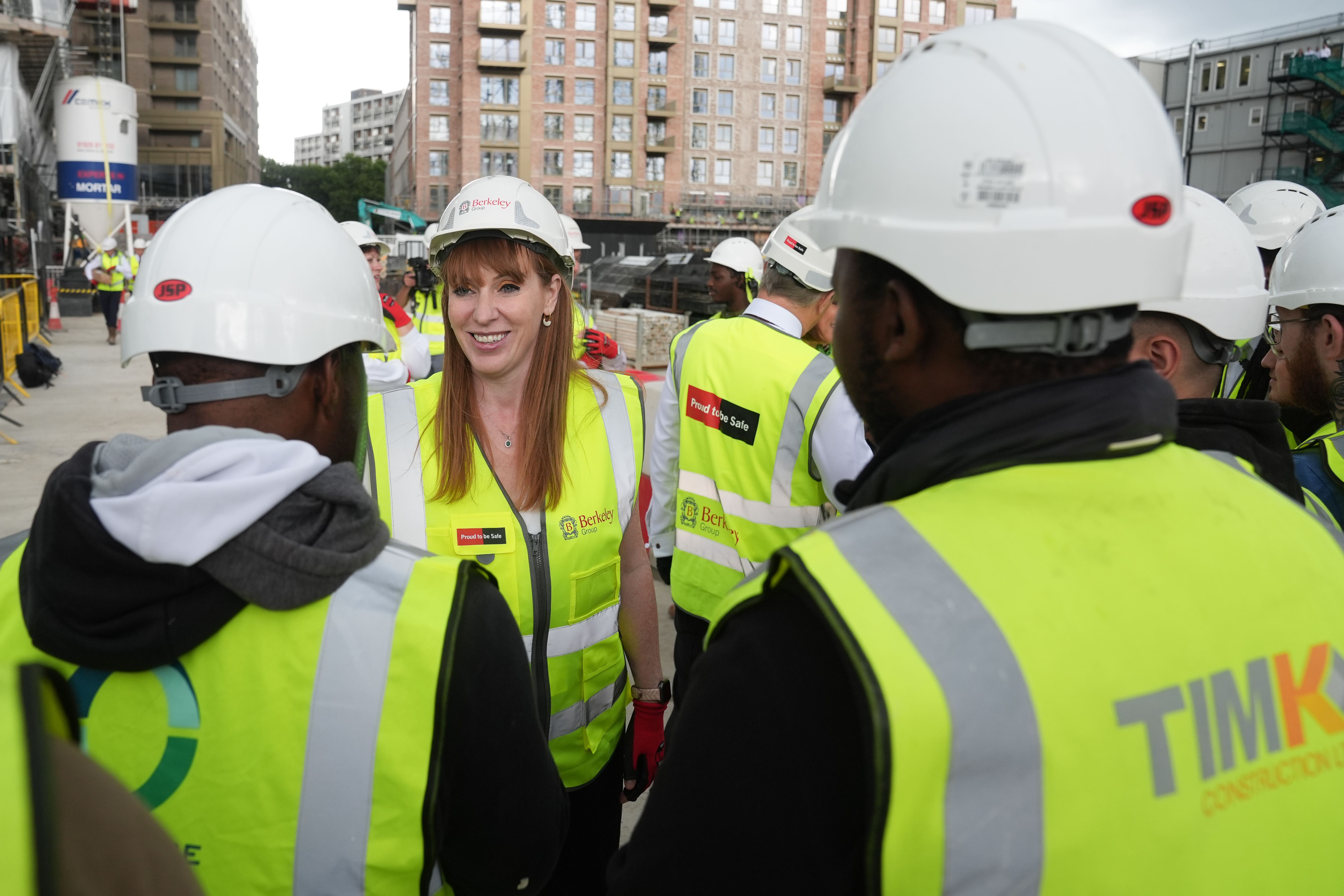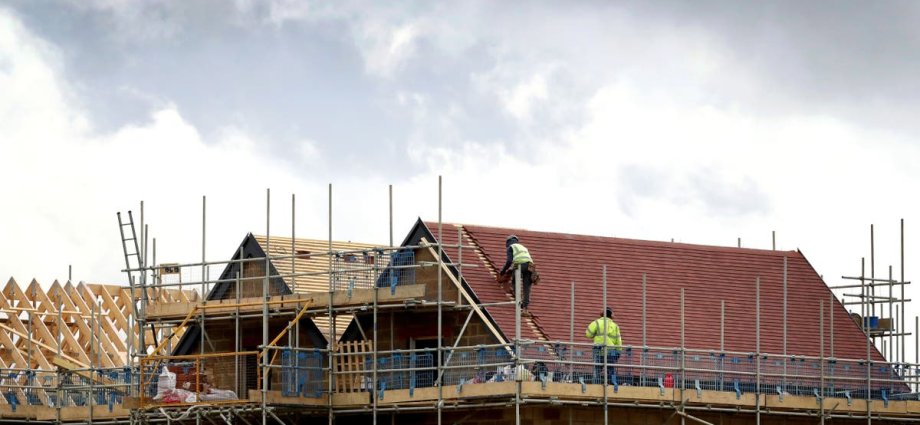The boss of a major housebuilder has warned ministers of the real cost of achieving their ambitious housing targets.
Rob Perrins, the chief executive of Berkeley Group, said his organisation welcomed the government’s plans to build 1.5 million new homes in five years.
But in an article for The Independent he said the “rub” was “the cost. And, in one word, what our country needs is investment”.
He also warned that charging homebuilders up to £75,000 for every flat they build was not part of the solution.
Earlier this week the housing secretary, Angela Rayner, unveiled an overhaul of England’s planning rules to help ministers deliver their pledge.
She also said that local housing targets would become mandatory again under Labour, as she admitted her plans would not be “without controversy” but were required to solve the housing crisis.
Berkeley Group is one of the country’s largest homebuilders and constructs around 10 per cent of London’s new homes.
Mr Perrins has now written to Ms Rayner and Rachel Reeves to outline his company’s plans to build an extra 10,000 homes by 2029 as part of that 1.5 million target.
His group is also investing in new land, having not bought a significant new site in more than two and a half years.
And he said he applauded Ms Rayner’s plans to break the deadlock in planning and ensure more homes are built.

But he warned that “significant challenges” still had to be overcome.
These include high interest rates and mortgage affordability rules which have left more than a third of first-time buyers reliant on friends and family for help with their deposit.
He also warned that when it comes to infrastructure levies, “too often the money is diverted into other areas for the local community. Potholes were the last government’s favoured fund diversion.”
He also said that the Community Infrastructure Levy, which can be charged by councils on new developments in their area, has reached £75,000 per flat in some areas of London.
“Costs of this scale are only faced by residential developers, meaning housing cannot compete with other land uses on a level playing field,” he warned.
In addition “recent regulations on design, energy efficiency, second staircases, biodiversity and much else are individually justifiable, but collectively add costs that must be accounted for by the planning system”.
The prize for success is “enormous”, he said. “I am under no illusions that planning reform means giving developers an easy ride, and nor should it. However, by carefully working through the challenges and opportunities of each project, and consistently prioritising the delivery of new homes, and the amenities local people most want to see, we can raise our ambitions and strive to make the government’s mission on housing a success. “
Just before the election, Ms Rayner told the Real Estate Investment and Infrastructure Forum event in Leeds: “If you want to invest in our country’s infrastructure – Labour will work with you to make it happen.
“Because the missions Keir Starmer has set out can only be achieved by everyone pulling together. We recognise that businesses need certainty and stability to do that.”











